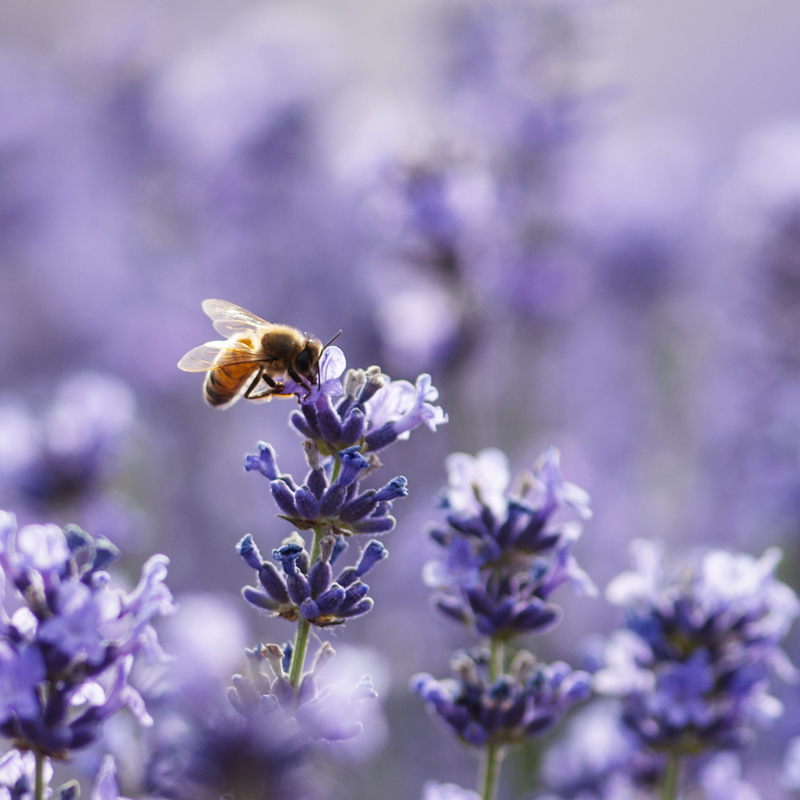A recent Proceedings B article on decision making and communication in endangered African wild dogs (Lycaon pictus) in the Okavango Delta, Botswana, investigated how wild dogs make group decisions. We spoke to lead author, Reena H. Walker, from Brown University about this research and its findings.

A recent Proceedings B article on decision making and communication in endangered African wild dogs (Lycaon pictus) in the Okavango Delta, Botswana, investigated how wild dogs make group decisions. The study found that the animals vote on when to stop resting and to start hunting using ‘sneezes’. The greater the number of sneezes, the more likely the pack of dogs were to leave. We spoke to lead author, Reena H. Walker, from Brown University about this research and its findings.
Tell us about the research that your group is involved in?
The authors on this paper come from a range of research groups: Andrew King is an Associate Professor at Swansea University and is part of SHOAL, a group that aims to understand how costs and benefits shape individual behaviour and how these behaviours relate to the structure and functioning of groups and populations. Dr Neil Jordan is a lecturer at the University of New South Wales and currently conducts field research at the Botswana Predator Conservation Trust (BPCT) that focuses on scent communication in wild mammals, ecology and behaviour of predators in human- or livestock-dominated areas, and in applying this knowledge to develop and evaluate tools to reduce human-wildlife conflict. J. Weldon McNutt is the founder and director of the Botswana Predator Conservation Trust, which promotes the conservation of wild dogs in conflict with human communities using applied research from a long-term study and monitoring of wild dogs populations and public education. I recently graduated from Brown University and worked as a field research assistant for BPCT.
What does your paper tell us?
We investigated collective decisions by African wild dog packs. Packs exhibit dominant-directed group living and take part in stereotyped highly energetic greeting ceremonies called ‘rallies’ that occur before collective movements. These tend to happen after rest periods and before the pack moves off together. We noticed that the dogs were ‘sneezing’ while preparing to go. The probability of movement is predicted by a minimum number of ‘sneezes’ within the rally.
Dr Neil Jordan stated, ‘We recorded details of 68 social rallies from 5 African wild dog packs. We couldn’t quite believe it when our analyses confirmed our suspicions. The more sneezes that occurred the more likely the pack were to move off and start hunting. The sneeze acts like a type of voting.’
The number of sneezes needed for the group to depart (i.e. the quorum) is reduced whenever dominants initiate a rally. This suggested that dominant participation increases the likelihood of movement, but is not a prerequisite. Our findings from the study illustrate how specific behavioural mechanisms allow for negotiation that shapes decision-making in a wild, socially complex animal society.
Were there any surprising observations made?
Nobody had paid any attention to these sneezes before, and it was thought dogs were just clearing their airways. But it now appears African wild dogs are not just clearing their noses when they sneeze; they also use them in a democratic vote.
We found that when the dominant male and female were involved in the rally, the pack only had to sneeze a few times before they would move off. However, if the dominant pair were not engaged, more sneezes were needed – approximately 10 – before the pack would move off!
The sneezes have to reach a certain threshold before the group changes activity – the sneezes act as a type of quorum. Quorums are used by other social carnivores like meerkats too, but our finding that the quorum number of sneezes changes based on who’s involved in the rally indicates each dogs vote is not equal.
What made you submit to Proceedings B and what was your experience of the process?
I have read many articles published by Proceedings B and was impressed by their clarity and importance for the field of behavioural ecology. I felt our paper on African wild dog departure decisions could stand up to the rigorous standard for the journal and contribute to this cache of knowledge. Submitting our paper to Proceedings B was a smooth process, with editors and associates replying promptly and expertly to any and all of our inquiries.
Proceedings B is looking to publish more high quality research articles and reviews in the field of animal communication. If you have an idea for a review, we strongly encourage you to submit a proposal. Find out more about the submission process.
